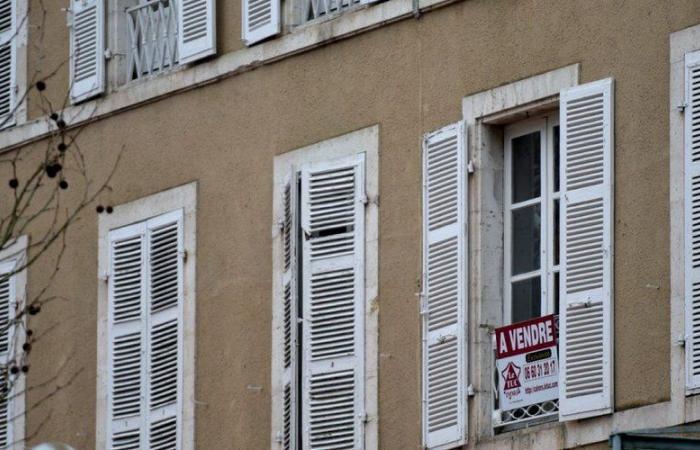the essential
The recent fall of the Barnier government has not helped market players fully regain the confidence necessary to get the machine going again. But all is not black!
The end of the year highlights a Lot real estate market caught in the torments of an unstable political and economic situation. Between expectations, blockages – but also rare signs of optimism! – professionals in the sector describe a contrasting landscape where caution seems to have taken precedence over decision-making.
The effects of immobility?
“Clients are waiting and waiting,” says Bruno Paldacci, real estate consultant at Laforêt in Cahors. This wait-and-see attitude is largely linked to political instability. For several months, national events, such as the dissolution of the National Assembly last June, have had direct and immediate consequences on the market. Jean-Marc Nordmann, from the Guy Hocquet agency, remembers: “The next day, the phone didn't ring once. Everything stopped.” This phenomenon, difficult to explain but recurring, reveals the fragility of a sector dependent on the trust of stakeholders. Added to this is the impact of interest rates. Real estate purchasing power has eroded over the months: “When buyers could borrow €200,000 last year and this year, they can only borrow €170,000, naturally, that's blocking”, analyzes Jean-Marc Nordmann. Despite this situation, prices remain high in the Lot, further slowing down the dynamism of transactions.
Conflicting signals for 2025
While some professionals display cautious optimism, others are more reserved about the immediate future. Bruno Paldacci specifies: “A soaring recovery? It will depend on the government. If people are reassured, the real estate sector could regain some color. Otherwise, it will continue to create doubt.”
For Paul-Damien Constant, real estate broker at Cafpi, the national context does not systematically impact local decisions. He even observes a positive dynamic: “December is generally gloomy, but this year, it is fantastic in terms of credit production!” With average interest rates which could fall to 3% over 25 years by June, he anticipates a clear improvement in the medium term. However, the need for concrete measures remains imperative. The lack of a Housing Minister for several months has left a void, according to Jean-Marc Nordmann: “People are a little lost. It's the first time I've seen that.” A clear policy could give the necessary impetus to the Lot market, where old properties, often energy-intensive, require costly work.
Despite the difficulties, opportunities remain in the Lot. For Bruno Paldacci, “the demand exists”, although restrained by falling budgets and a gap between prices and borrowing capacities.






